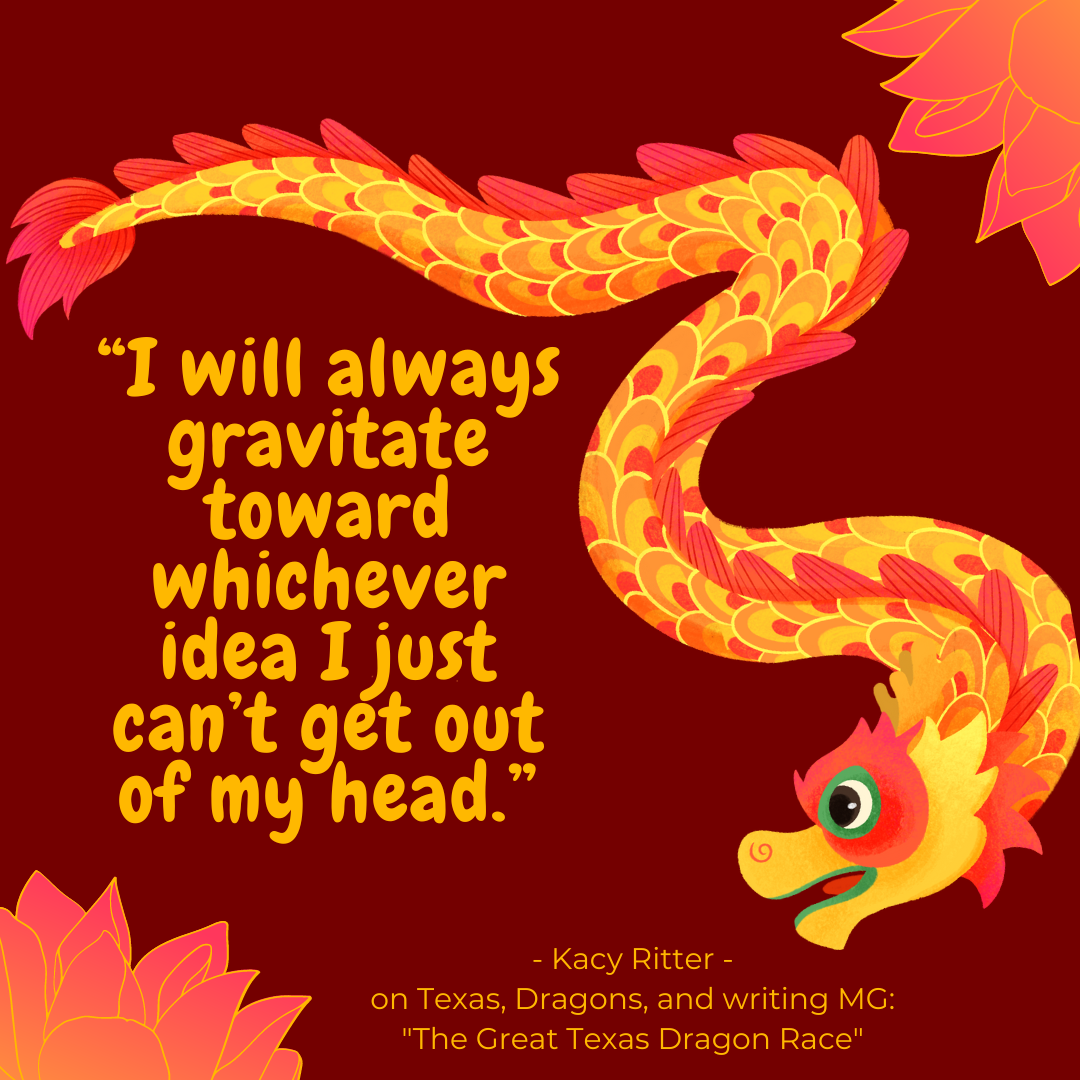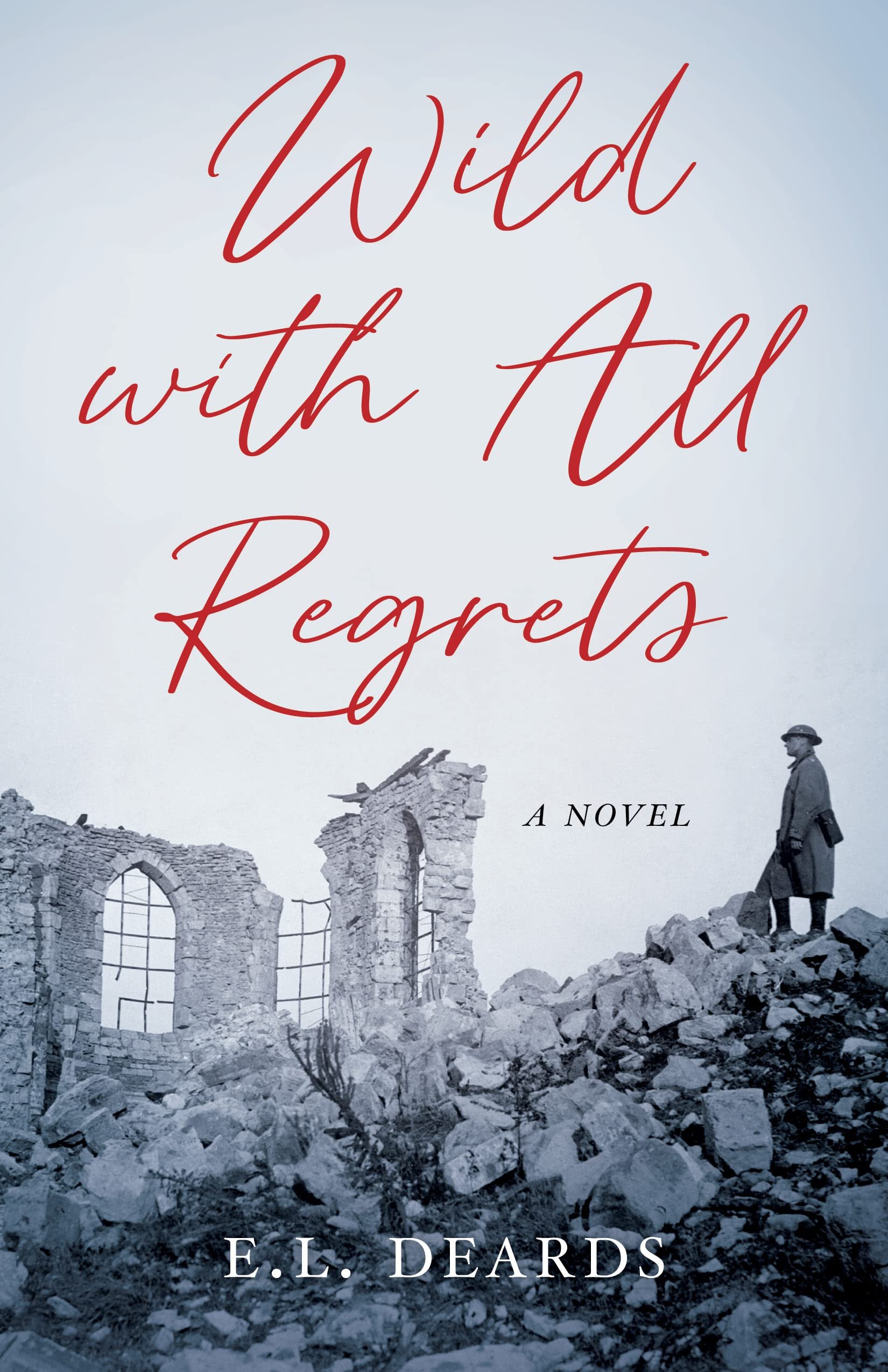We all like to hear about the journey to publication, and hopefully other people's success stories help bolster the confidence of those still slogging through the query trenches. But what happens after that first book deal? When the honeymoon is over, you end up back where you were - sitting in front of a blank Word document with shaky hands. Except this time, there are expectations hanging over you. With this in mind, I’ve created the SNOB (Second Novel Omnipresent Blues) interview.
Today’s guest for the SNOB is Terah Shelton Harris, author of One Summer in Savannah
Whether you’re under contract or trying to snag another deal, you’re a professional now, with the pressures of a published novelist compounded with the still-present nagging self-doubt of the noobie. How to deal?
I don’t. LOL! I don’t know if I’ll ever deal with it as much as accept it and adjust. I suffer from imposter syndrome. It’s comes and goes but its there nonetheless. I deal with it by accepting it and writing through it. Feedback helps. Nothing scares my imposter syndrome away faster than hearing that my editor, Erin, loves a chapter that I wrote or that my agent, Abby, is loving the pages I sent her. Their opinions power me to keep going. I’m also truly inspired by readers who reach out to me about the book. I try not to read reviews but when I see one that a reader wrote that truly understands the book and what I was trying to do, that motivates me. I know that I’m doing something right.
Is it hard to leave behind the first novel and focus on the second?
My goodness, yes! My process differs from other writers I’ve spoken with. My characters speak to me. They walk with me. They eat with me. They wake me up at night. They demand that I tell their story. So, I do. The problem is that when the story is told, they don’t just vanish. Well…not in my head anyway. Because I spend so much time with them, in my head, writing them, they almost feel real to me. I hope that doesn’t make me sound weird! Sara and Jacob, the two main characters in One Summer in Savannah, are real people to me and it’s hard to let them go once the book is completed. I miss them. I spent a year with them, developing them and learning about them. Then, suddenly, I’m supposed to move away from them and allow space for new characters. That’s hard! What’s more is that once I’ve moved away from them, there are times when I have to call on them again, for edits and for publicity. That approves difficult when you’ve said your goodbyes and are knee deep into the lives of new characters.
At what point do you start diverting your energies from promoting your debut and writing / polishing / editing your second?
Never! LOL! At the time of this interview, I’m two months away from the publication date of One Summer in Savannah and I’m still pouring buckets of energy to it. In fact, I’ve increased it to prepare for my upcoming book tour. All of this while editing Long After We Are Gone and starting my third book. It’s one of those weird publishing facts that no one ever talks about, especially if you have a two book deal. That you will be promoting your first, while editing your second, and reading your third.
Your first book landed an agent and an editor, and hopefully some fans. Who are you writing the second one for? Them, or yourself?
I always write for myself. Always. I wouldn’t be true to myself if I didn’t. In order to devote the time to write a book (roughly six months to a year), it must be something I do for myself. I have to love the story, see its vision, and turn myself over to it. My next book, Long After We Are Gone, tells the story of four siblings—each fighting their own personal battle—return home in the wake of their father’s death in order to save their family home—and themselves. It’s a deeply personal story for me and I poured so much of myself into it. Something not possible if I wrote it for someone else.
Is there a new balance of time management to address once you’re a professional author?
Absolutely. With my two book deal, I quickly had to learn how to juggle promotion of One Summer in Savannah with writing and editing Long After We Are Gone. Additionally, in the middle of this, I started writing my third book. All equally important tasks and so time management is extremely critical. For me, it’s about knowing when it’s time to flip that switch and move on to something else. This proves difficult for me as I tend to be hyper focused on whatever I’m doing at the time.
What did you do differently the second time around, with the perspective of a published author?
Honestly, nothing. I approach the start, middle, and ending of all of my books the exact same way. I start with the plot, always. I have to know what my story is about, the overall theme, and more importantly, how it ends before I write one word. Nothing about that process changed for me with the publication of One Summer in Savannah. If anything changed, however, is the weight of expectation. I wrote One Summer in Savannah with zero expectations. I, of course, hoped and wished that it would get published. I also hoped that if it did that it will be well-received. Internal support from my publisher, Sourcebooks, has been amazing. And I knew pretty early on that they were excited about it and were fully invested in it. A good problem to have, yes, but word of this came just as I was finishing Long After We Are Gone and I began to wonder if this book would be as well-received as One Summer in Savannah.
Terah Shelton Harris is a librarian and freelance writer who now writes upmarket fiction with bittersweet endings. As a freelancer, her work has appeared in consumer and trade magazines including Catapult, Women’s Health, Every Day with Rachael Ray, Backpacker, Minority Nurse, and more. One Summer in Savannah is her first novel. Originally from Illinois, she now lives in Alabama with her husband, Jamel. Terah is a lover of life and spends most of her time reading or traveling. A world traveler, Terah has visited over 40 countries across six continents. She has watched the sunrise at the beginning of America, trekked through the jungles in the Bokeo Nature Reserve, searched for William Clark’s grave in St. Louis, and much more. Find her online at: www.terahsharris.com.






